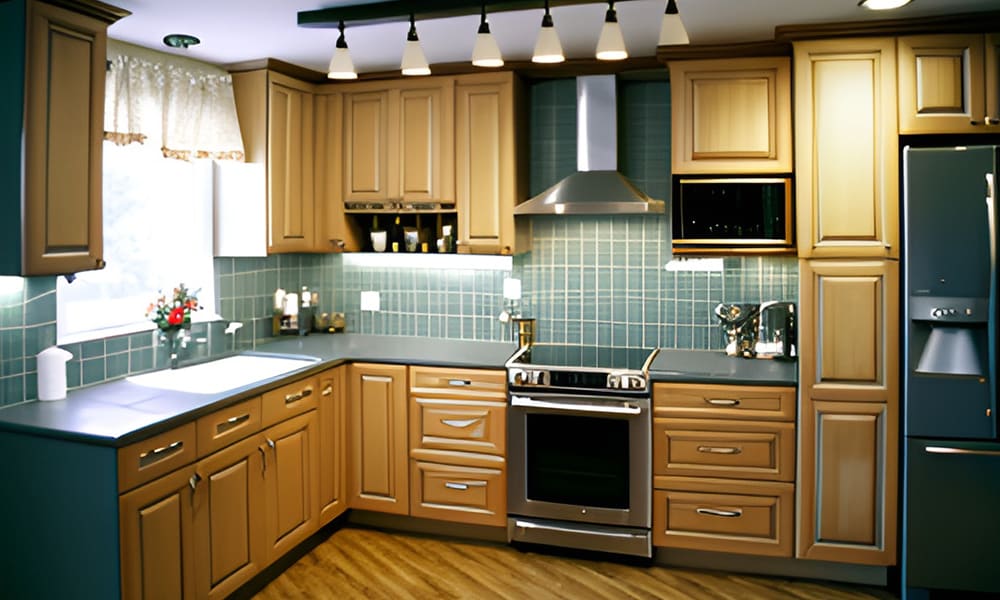Kitchen Remodeling: A Complete Guide to Transforming Your Space
A kitchen remodel is one of the most impactful home improvement projects you can undertake, offering both functional benefits and potential return on investment. Whether you're looking to update outdated appliances, improve workflow, or create a more modern aesthetic, a well-planned kitchen renovation can transform your home's heart into a space that meets your needs and reflects your style.

Essential Elements of Kitchen Design
The most successful kitchen remodels address key design elements that impact both functionality and aesthetics. This includes optimal counter height and depth, proper lighting placement, adequate ventilation, and strategic storage solutions. The work triangle - the space between your sink, stove, and refrigerator - should be efficient and unobstructed, typically spanning between 4 and 9 feet between each point.
Choosing Materials and Finishes
Selecting the right materials involves balancing durability, maintenance requirements, and visual appeal. Popular countertop options include granite, quartz, and butcher block, each with distinct advantages. For cabinetry, solid wood remains a premium choice, while laminate offers budget-friendly alternatives. Flooring should be both water-resistant and comfortable underfoot, with options ranging from ceramic tile to luxury vinyl planks.
Understanding Kitchen Remodeling Costs
Kitchen remodeling costs can vary significantly based on scope, materials, and location. Here’s a breakdown of typical expenses:
| Project Scope | Average Cost Range | Typical Timeline |
|---|---|---|
| Minor Remodel | $10,000 - $30,000 | 4-8 weeks |
| Moderate Remodel | $30,000 - $75,000 | 8-12 weeks |
| Major Remodel | $75,000 - $150,000+ | 3-6 months |
Prices, rates, or cost estimates mentioned in this article are based on the latest available information but may change over time. Independent research is advised before making financial decisions.
Professional vs. DIY Considerations
While some aspects of kitchen remodeling can be DIY projects, others require professional expertise. Plumbing, electrical work, and structural changes typically need licensed contractors. Consider hiring a kitchen designer for complex layouts or if you’re significantly altering the space. They can help optimize functionality while ensuring compliance with building codes and regulations.
Timeline and Project Management
A typical kitchen remodel follows a specific sequence: demolition, structural work, plumbing and electrical rough-ins, drywall, cabinetry installation, countertops, appliances, and finally, finishing touches like backsplash and hardware. Expect the process to take anywhere from several weeks to several months, depending on project scope. Having a temporary kitchen setup during renovation is essential for maintaining household functionality.






